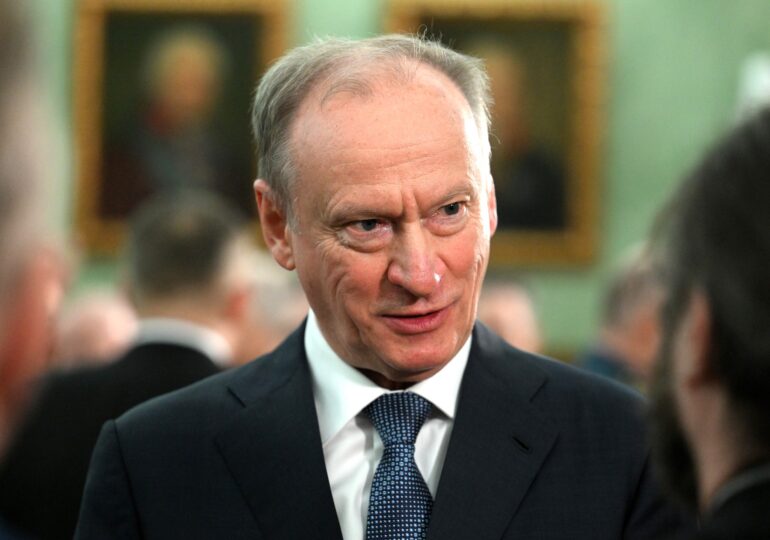Russian presidential advisor Nikolai Patrushev does not rule out the possibility that Ukraine may cease to exist as a state by 2025. And the current anti-Russia policy of the authorities in Chisinau could also lead to the country’s disappearance, according to the same Kremlin politician. As for Romania, Putin’s right-hand man says that the EU no longer has the right to speak on behalf of some member states, including Romania.
Nikolai Patrushev granted an interview to KP.RU, which was picked up by TASS.
The situation in Ukraine should be negotiated between Moscow and Washington, without the involvement of other Western representatives, Patrushev maintains.
"Taking into account the Trump factor, we respect his statements. I suggest that discussions about Ukraine take place between Russia and the USA, without the participation of other Western countries. We have nothing to discuss with London or Brussels," Patrushev said.
He added that EU leaders "have long lost the right to speak on behalf of many member states, such as Hungary, Slovakia, Austria, Romania, and several other European countries interested in stability in Europe and a well-founded policy towards Russia."
The presidential advisor does not rule out the possibility that Ukraine may cease to exist as a state by 2025.
"It is particularly alarming that the forced imposition of neo-Nazi ideology and fervent Russophobia is destroying Ukrainian cities that once prospered, such as Kharkov, Odessa, Nikolaev, Dnepropetrovsk. It is not excluded that Ukraine may completely cease to exist this year," he stated.
Speaking in the same tone about Moldova, he said that the anti-Russia policy of the authorities in Chisinau could lead to the country's disappearance.
"I do not exclude the possibility that Chisinau's aggressive anti-Russia line could lead to a situation where Moldova either becomes part of another country or ceases to exist."
Currently a presidential advisor, Nikolai Patrushev is a former intelligence officer who until last year was the head of the Russian Security Council. Previously, he was the head of the FSB from 1999 to 2008. He played a key role in the decisions to annex Crimea in 2014 and invade Ukraine in 2022.

